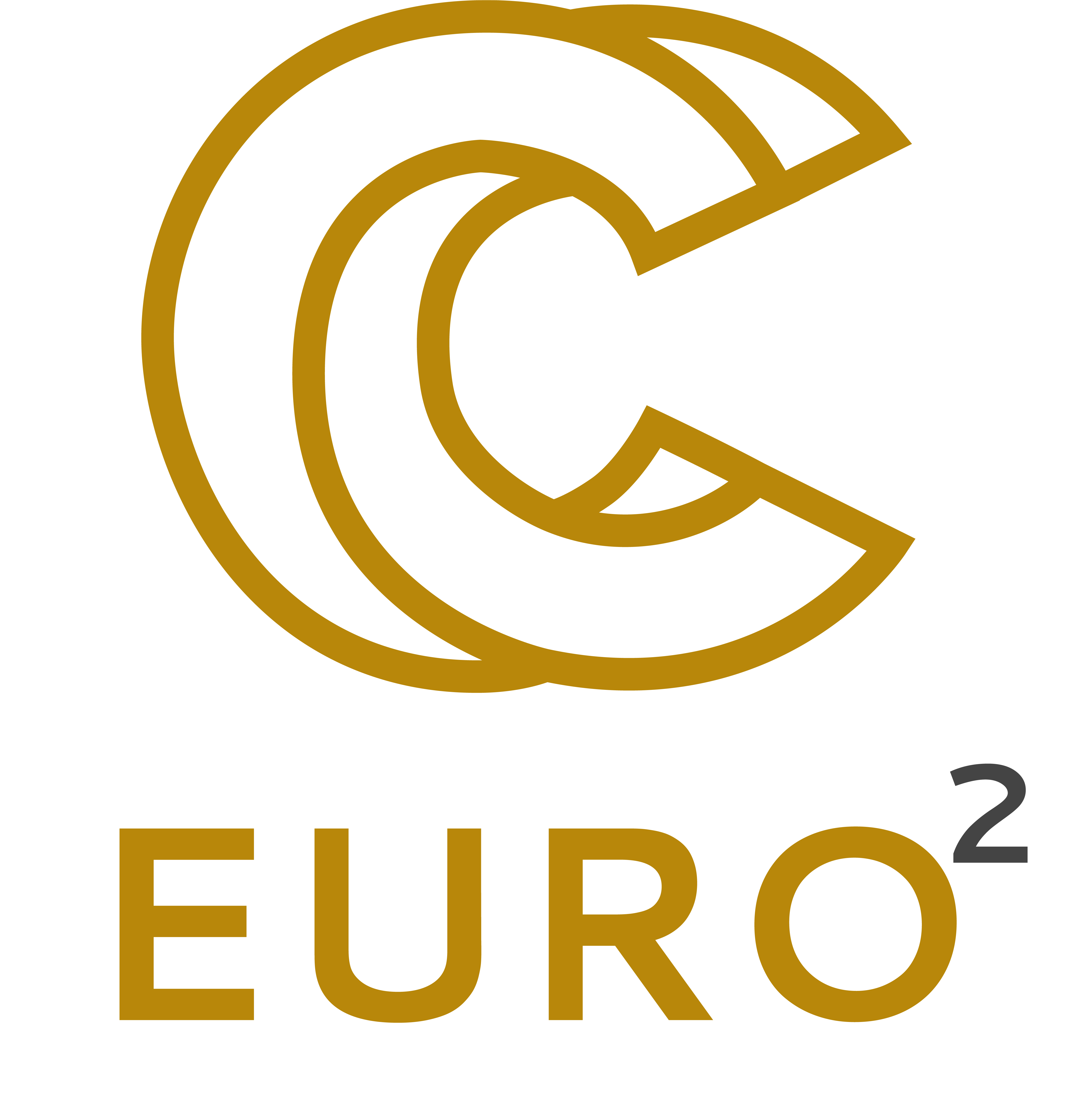The webinar is organised by the SPACE CoE and NCC Czechia.
Annotation
This talk addresses researchers interested in particle-in-cell methods and high-performance computing. We will highlight the pros and cons of the particle-in-cell methods and their applicability in astrophysical environments. This will be followed by discussing recent and planned improvements for the iPic3D.
Language
English
Level
intermediate, advanced
Prerequisites
Experience in HPC.
Technical requirements
iPic3D is publicly available: https://github.com/CmPA/iPic3D
Tutors
Fabio Bacchini is a FED-tWIN Assistant Professor at KU Leuven and a Research Scientist at the Royal Belgian Institute for Space Aeronomy. He has established expertise in developing, implementing, and applying astrophysical plasma simulation methods via computer codes running on many of the largest supercomputers in the world.
Pranab J Deka is a postdoctoral researcher at KU Leuven. His research interests include fluid and kinetic astrophysical plasmas, high-performance computing, and numerical methods. He has extensive experience designing mathematical methods and algorithms tailored to GPUs.
Acknowledgements


This work was supported by the SPACE project under grant agreement No 101093441. The project is supported by the European High-Performance Computing Joint Undertaking and its members (including top-up funding by the Ministry of Education of the Czech Republic ID: MC2304).
This project has received funding from the European High-Performance Computing Joint Undertaking (JU) under grant agreement No 101101903. The JU receives support from the Digital Europe Programme and Germany, Bulgaria, Austria, Croatia, Cyprus, Czech Republic, Denmark, Estonia, Finland, Greece, Hungary, Ireland, Italy, Lithuania, Latvia, Poland, Portugal, Romania, Slovenia, Spain, Sweden, France, Netherlands, Belgium, Luxembourg, Slovakia, Norway, Türkiye, Republic of North Macedonia, Iceland, Montenegro, Serbia. This project has received funding from the Ministry of Education, Youth and Sports of the Czech Republic.


This course was supported by the Ministry of Education, Youth and Sports of the Czech Republic through the e-INFRA CZ (ID:90254).
All presentations and educational materials of this course are provided under the Creative Commons Attribution-ShareAlike 4.0 International (CC BY-SA 4.0) license.
![[ONLINE] SPACE: A Kinetic Approach to Simulating Plasmas Using iPic3D](/event/272/logo-2200681959.png)
